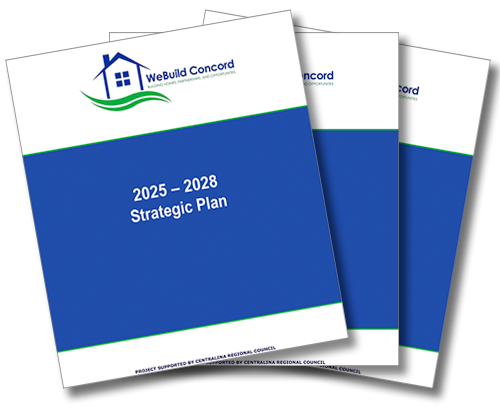Building Homes, Partnerships,
and Opportunities
Live in a community where attainable housing is safe, stable, and part of our social and economic vision.
Revolving Gap Loans Now Available
The Revolving Construction Loan Gap Fund is a 1-3% fee program for nonprofits or social ventures building attainable housing. It serves as gap funding for affordable and workforce development housing with short-term completion dates. Repayment cycles are available in 3-month, 6-month, 9-month, 12-month, and 18-month increments. Other terms may be negotiated with committee approval.
In The News: Lincoln Street Townhomes
CONCORD, N.C. – For the first time in 50 years, there’s a new affordable housing development in a Concord neighborhood. More than two dozen town homes will make home ownership a reality for some families.
Twenty six new town homes now sit on two acres in the Logan Community off Lincoln Street Southwest. A crowd of people gathered Wednesday to celebrate the ribbon cutting of the first affordable housing development in the area in 50 years which is part of WeBuild Concord.
WeBuild Concord Strategic Plan

During the summer and fall of 2024, Centralina Regional Council supported WeBuild Concord in developing a three-year strategic plan. Through this process, WeBuild
accomplished the following:
- Examined the current state of WeBuild through an internal Board survey
- Engaged community stakeholders through two in-person focus groups
- Updated the organization’s vision statement and reaffirmed the mission statement
- Set three-year goals and corresponding strategies to realize the vision
Why is housing important to a family?
“Housing influences the social environment, access to economic and educational opportunities, and the overall mental and physical health of families and youth. As WeBuild Concord strives to develop equitable access to housing, we acknowledge our part in constructing a community that is inclusive and develops a diverse talent for our region.”
Patrick Graham, PhD
Chief Executive Officer








